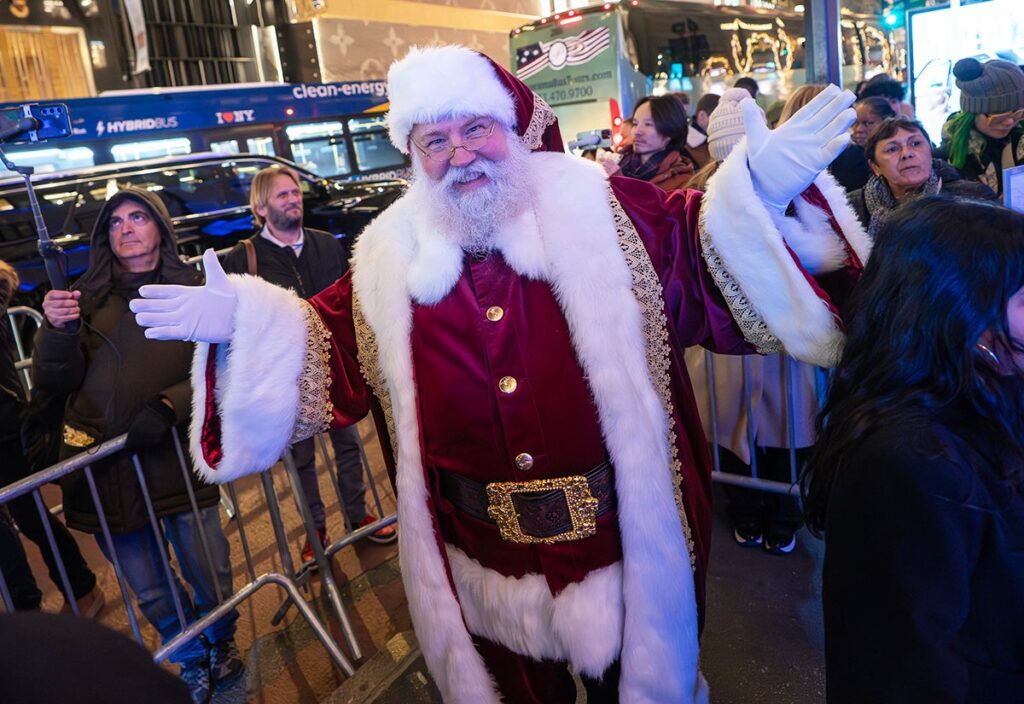Another bill to regulate the direct mail sweepstakes industry has been introduced, this time in the Senate by Sen. Ben Nighthorse Campbell (R-CO).
Senate Bill 310, the Honesty in Sweepstakes Act, is less restrictive than an earlier measure, also sponsored by Campbell, which died in committee with the expiration of the 105th Congress. The bill being reviewed by the Senate’s Government Affairs Committee is also less restrictive than from two nearly identical bills that were introduced in the House last month by Reps. Frank LoBiondo (R-NJ) and James E. Rogan (R-CA). Those bills have been referred to the House Government Reform and Judiciary Committees for review.
Richard A. Barton, the Direct Marketing Association’s senior vice president for Congressional matters, said the latest version of Campbell’s proposal is “better” than last year’s, but wouldn’t comment further. He did note, however, that it’s less restrictive, only requiring a notice on the front of the envelope of the mailer that it contains a sweepstakes offer “if it implies that you have won when you haven’t.”
In the earlier version of Campbell’s bill, which the Direct Marketing Association unsuccessfully tried to soften, sweepstakes mailers would have been required to print a notice in large type across the face of the envelopes advising recipients that it contained a sweepstakes or contest offer.
Campbell’s bill, like the earlier version and the LoBiondo and Rogan bills, would require sweepstakes mailers to clearly state in their promotional materials, including any contest entry documents, that it is an offer to participate in a sweepstakes or game of chance and that “no purchase is required either to win a prize or enhance your chances of winning a prize.”
But unlike Rogan’s bill, which would subject violators to a civil penalty of up to $10,000 a day and possible criminal prosecution for fraud, and LoBiondo’s bill, which is silent on the matter, Campbell’s measure would limit civil penalties to not more than “$50,000 for each mailing of less than 50,000 pieces; $100,000 for each mailing of 50,000 to 100,000 pieces; with an additional $10,000 for each additional 10,000 pieces above 100,000, not to exceed $2 million.”
Campbell’s proposal and that of LoBiondo would not pre-empt tougher state laws regulating the advertising and sale of goods and services relating to games of chance or sweepstakes. Rogan’s proposal is silent on that issue.



